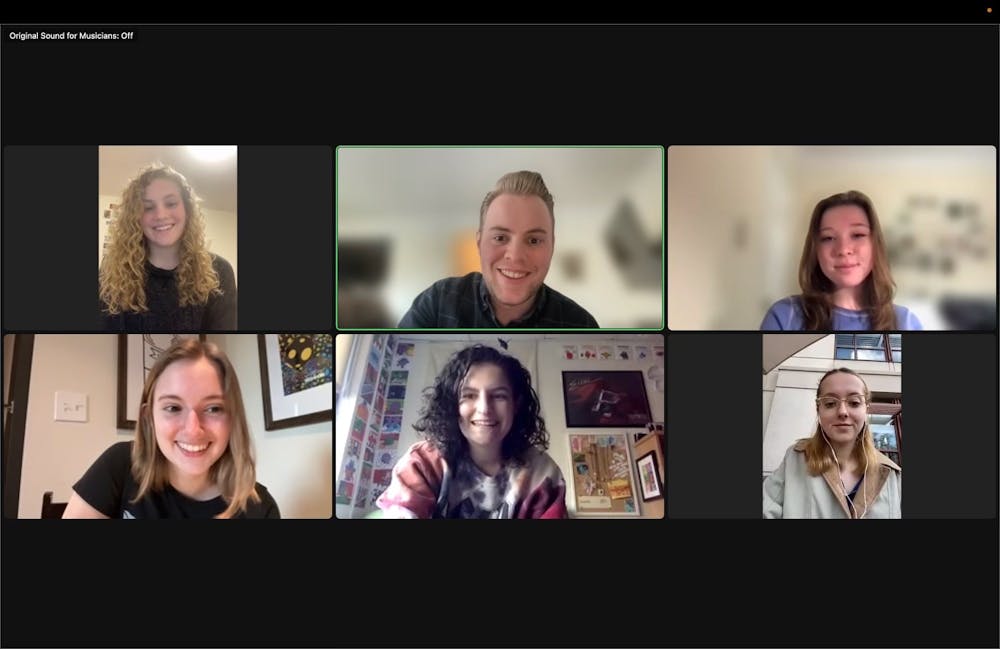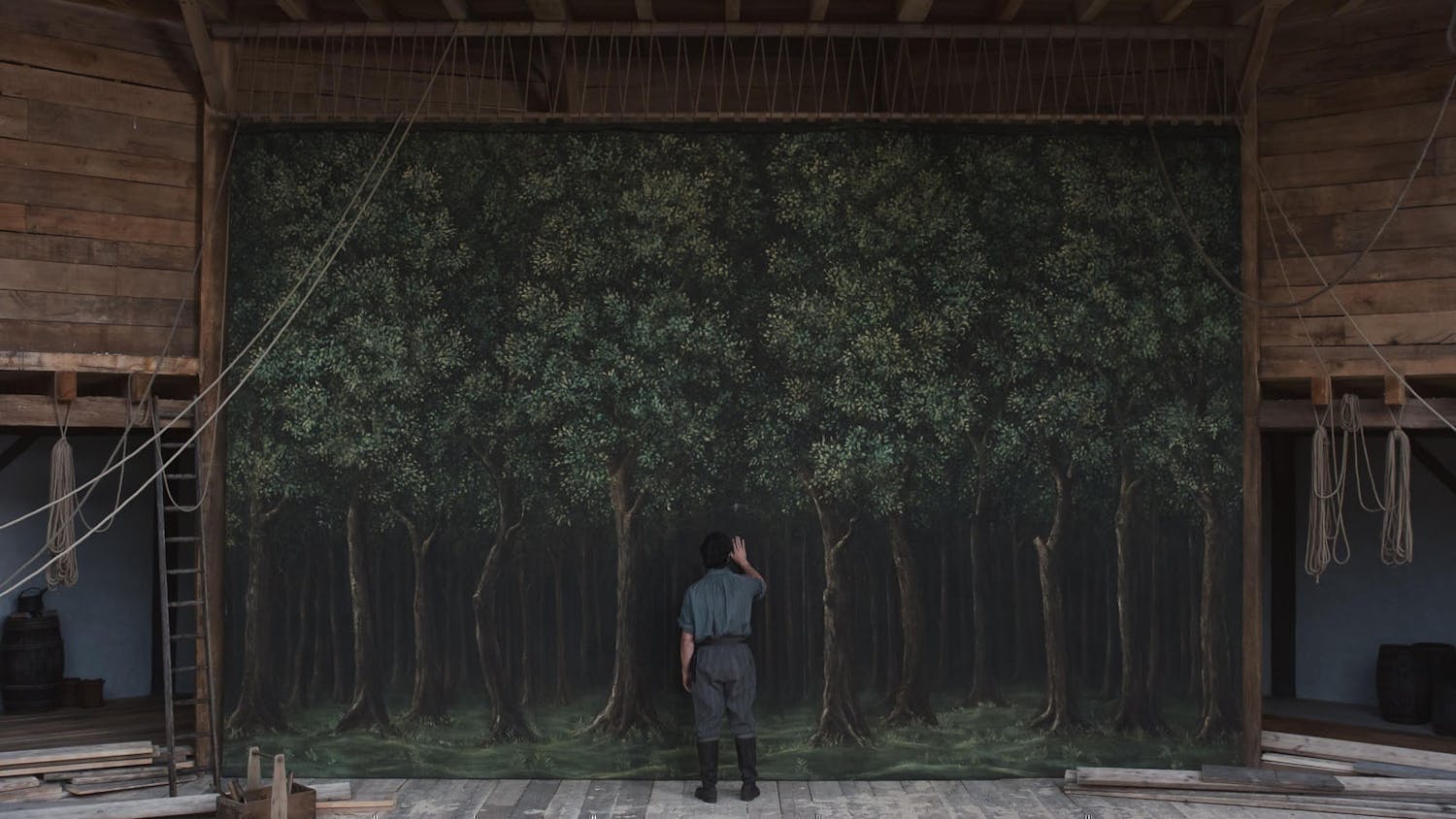Editor’s Note: Jordan Young, The Eagle’s managing editor for news and a member of DSU, was not involved in the writing, reporting or editing of this story.
For the last two years, the Disabled Student Union at American University has advocated for accessibility, justice and visibility for disabled people and created a community where students with disabilities feel respected and safe.
Izzy Scholes-Young and Caroline Arnette, both juniors in the College of Arts and Sciences, said they saw a need for this community in 2021 after they met in a freshman Complex Problems seminar.
“We were surprised that this space didn’t exist on campus; [we] definitely saw a need for it,” Scholes-Young said.
Because of the coronavirus pandemic, many individuals with disabilities chose to stay physically isolated to protect themselves from the virus, which created a strong need for connection. DSU answered that need and had its first meeting in the spring of 2021.
The organization’s membership grew quickly as students realized the benefits of being surrounded by others that shared many of their experiences.
“The primary goal for me has just been creating a space where people can talk about their experiences with disability and helping other disabled people find each other, because that’s really, really difficult,” said Scholes-Young.
About 20 students attend most DSU meetings. Many have been members since the beginning and the organization also works to welcome and integrate new people.
“There's a lot of people that I wouldn’t have met if not for this organization because we have a larger common identity that attracts people to the group,” Scholes-Young said.
DSU also provides rentable mobility aids to members. Because aids such as wheelchairs and walkers can be expensive, the organization provides students with an opportunity to try a mobility aid before purchasing one. Most of these come from donations. DSU also has a mutual aid fund to support disabled students who want to buy mobility aids or have other disability-related expenses.
Scholes-Young is currently the vice president and acting treasurer of DSU. Henry Jeanneret, a junior in CAS and the School of Communication, is the president of DSU. They have regular meetings on Sundays, where they share stories and plan events.
Many of these events center around educating students within and outside the organization about disabilities and related topics. During the fall semester, DSU had a session where attendees shared ideas about accommodations and another event to educate about invisible disabilities.
DSU is currently planning an event for March 6 that will teach other clubs how to host events with allergy-friendly foods. A group of sessions later in the semester will center around applying for accommodations through the Academic Support and Access Center.
“A lot of what we talk to students about is navigating the ASAC office, how to get your accommodations met, what to do if your accommodations aren’t being met,” Scholes-Young said.
Jeanneret was the ASAC liaison for DSU before he became president. In this role, he communicated with ASAC staff members and helped students advocate for themselves when their accommodations were not being met.
“A lot of people have issues with ASAC,” Jeanneret said. “They’ll just get their accommodations denied for sometimes what seems to be arbitrary reasons. I would help people get the support they need.”
DSU is active on Instagram and posts information on upcoming events as well as infographics to increase awareness about disabilities. Through social media and hosting events, the executive board members extend their influence beyond DSU members and into the greater AU community.
“We have the inaccessibility we have in society because people don’t have to experience it,” said Felicity Chapman, a freshman in CAS and freshman representative for DSU. “The closest thing you can do, really, is to educate people so that they live informed lives and so that they can be considerate and empathetic.”
Jeanneret said nondisabled students can support AU’s disabled community by educating themselves, using proper terminology and wearing a mask. He warned against getting information from large organizations that aren’t run by disabled people. He recommended Alice Wong’s book “Disability Visibility: First-Person Stories from the Twenty-First Century,” the Autistic Self Advocacy Network website and listening to stories from disabled individuals to learn more.
“The main thing is listening to disabled people, listening to them on social media, their blogs, their YouTube or whatever,” said Jeanneret. “What’s most important is that we make the effort to listen to people and learn more.”
The club works hard to dispel stigma, increase awareness, share resources and create a safe space for disabled individuals. DSU’s club constitution states that while disability justice will never be complete, the club strives to increase compassion on and off of AU’s campus.
“Be respectful, come to our events, listen to disabled peers,” Jeanneret said.
This article was edited by Zoe Bell and Nina Heller. Copy editing done by Isabelle Kravis, Sarah Clayton and Stella Guzik.





